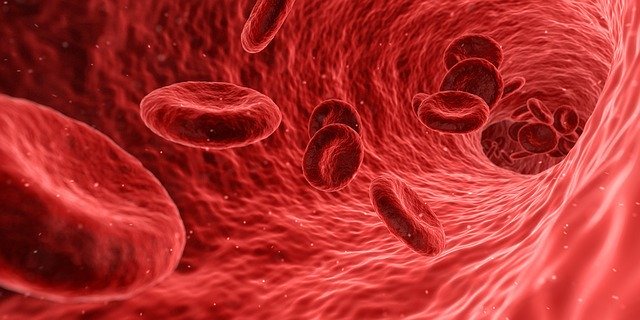
In a new study, researchers found that the fat around our arteries may play an important role in keeping those blood vessels healthy.
The finding could affect how researchers test for treatments related to plaque buildup in our arteries, or atherosclerosis, an issue that can often lead to a heart attack, which is currently a leading cause of death in the United States.
The research was conducted by a team at Michigan State University.
The fat, known as perivascular adipose tissue, or PVAT, helps arteries do what scientists call “stress relax,” or let go of muscular tension while under constant strain.
This is similar to the bladder, which expands to accommodate more liquid while at the same time keeping it from spilling out.
Previous studies have shown that PVAT plays a role in the functioning of blood vessels, finding that it secretes substances that can cause blood vessels to relax as well as substances that can cause it to contract.
But the team wanted to test whether PVAT itself, rather than the substances it secretes, might play a role in how blood vessels perform.
So, they decided to test whether PVAT provides a structural benefit to arteries by assisting the function of stress relaxation.
To do that, they tested the thoracic aorta in rats and found PVAT reduced the tension that blood vessels experience when stretched. The vessel then expends less energy and It’s not under as much stress.
The team also tested other arteries and were able to duplicate the same response.
They say that PVAT has largely been ignored by researchers who have thought its main job was to store lipids and do little more.
Now the new findings, built on previous results, could help redefine the way scientists view blood vessels.
Right now, scientists only divide blood vessels into three parts, the innermost layer called the tunica intima, the middle layer called the tunica media and the outermost layer called the tunica adventitia.
The team would like scientists to recognize PVAT as the fourth layer, which others have called tunica adiposa – tunica means a membranous sheath enveloping or lining an organ and adiposa is a synonym for fat.
The lead author of the study is Stephanie Watts, MSU professor of pharmacology and toxicology in the College of Osteopathic Medicine.
The study is published in Scientific Report.
Copyright © 2020 Knowridge Science Report. All rights reserved.



